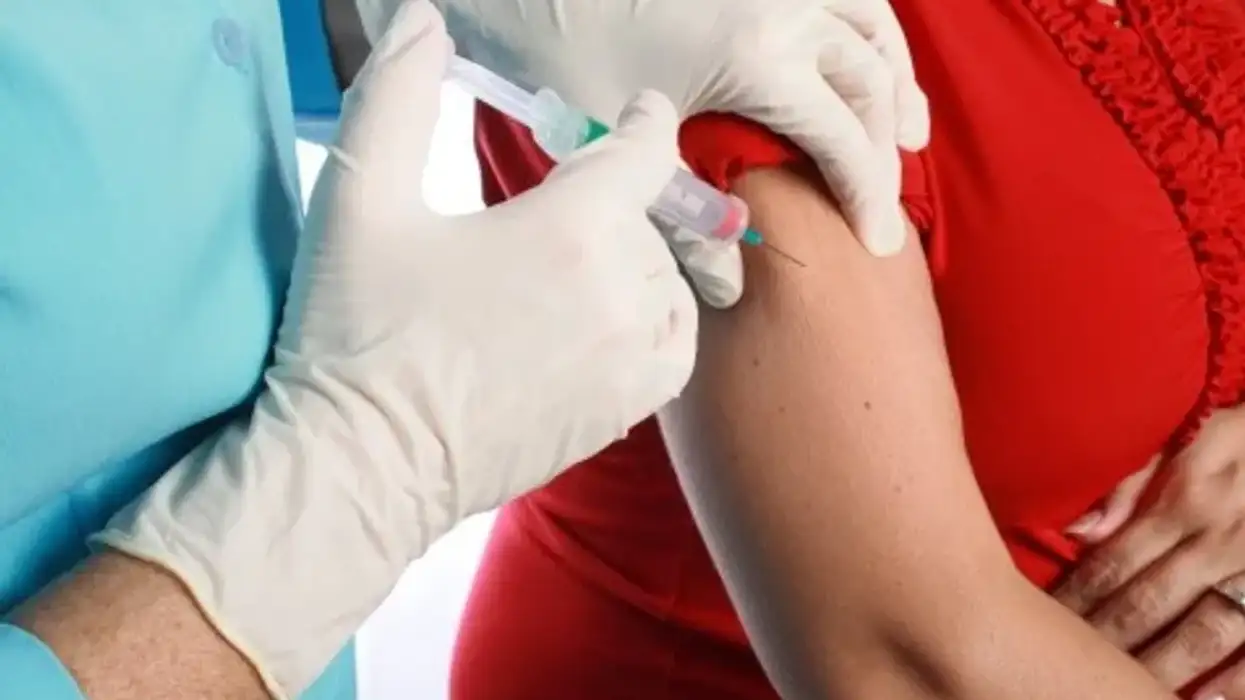The General Pharmaceutical Council (GPhC) has announced that the new requirement for independent prescribing courses will be applicable from 1st of October 2022.
Pharmacists currently taking independent prescribing courses and those who apply before 1 October won’t be affected by the changes.
The new guidance was agreed at the council meeting on 8 September and went to the initial education and training Advisory Group on 22 September where it was well received, the GPhC said.
“The guidance is now being finalized to reflect the discussions at the Council meeting and the initial education and training advisory group and will be published in October.”
The new guidance is relevant for both course providers and applicants and gives some specific suggestions and examples of what we may expect. It will support consistency in the way education providers applied the new standards and will help individual pharmacists to understand the relevant experience they would need before enrolling on a course.
“From 1 October 2022 the accreditation and reaccreditation of independent prescribing courses will be to the revised standards. Any course provider wishing to apply the revised entry requirements before they are due for reaccreditation will be invited to go through a short desktop approval process. They will need to submit evidence to show they’ve made the necessary changes to meet the new standards, which will be rapidly reviewed by the GPhC, to ensure a quick turnaround.”
This will allow course providers to accept pharmacists in line with the new entry requirements for their next cohort and potentially allow the change to be implemented as early as autumn 2022.
The council said: “Course providers will need to continue to apply the previous entry requirements until they have been approved against the revised aspects the standards. We recommend therefore that pharmacists wanting to apply for independent prescribing courses should check in advance with their preferred course providers to find out when they expect to be ready to accept applicants using the new entry requirements in the new revised standards.”
Changes to the requirements for entry to accredited independent prescribing courses were agreed by the General Pharmaceutical Council in May 2022. According to new guidance pharmacists will no longer need to have two years of practice and relevant experience in a specific clinical or therapeutic area to enrol in an independent prescribing course.
Instead, applicants must now have relevant experience in a pharmacy setting and be able to recognise, understand and articulate the skills and attributes required by a prescriber. This experience and awareness will act as the basis of their prescribing practice whilst training. Applicants must also identify an area of clinical or therapeutic practice on which to base their learning.











